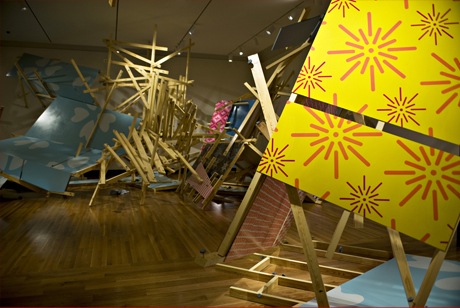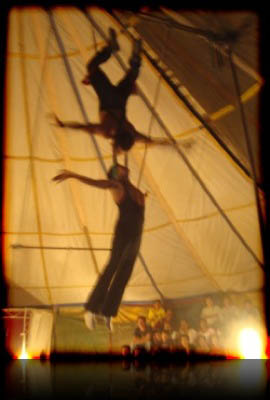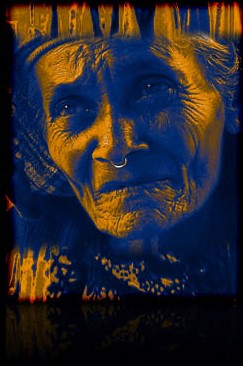The Resilience of Ruinous Futures: Color, Urbanism, and Ecology in the Post-Jim Crow South
DOI:
https://doi.org/10.25071/1913-5874/37326Abstract
This paper explores the roles topography and segregation played in the development of an urban African American community in Raleigh, North Carolina. Southeast Raleigh is a historically African American neighborhood on the edge of downtown. It suffers from being in a low-lying area, poor city planning, and the legacy of residential segregation. Hurricane Fran caused flooding and damage near a forested wetland. A grassroots development proposal includes remaining in the area and creating a wetland education park for economic revitalization. This proposal emerged from non-designers and was born of the everyday casual use of the wetland as a de facto community park. The paper argues that translating a perceived community liability into a perceived strength is an example of a counter-narrative. This counter-narrative challenges Raleigh’s imposed power systems that have marginalized Southeast Raleigh.
References
Bullard, Robert, ed. Unequal Protection: Environmental Justice and Communities of Color. San Francisco: Sierra Club Books, 1994. Camp, Norman. Oral history interview by author. Mar. 13, 2008.
City of Raleigh. A City in the Park. 1977.
Crow, Jeffrey J., Paul D. Escott, and Flora J. Hatley. A History of African Americans in North Carolina. Raleigh, NC: Office of Archives and History, 2002.
Exploris Middle School. The Walnut Creek Oral History Project: Where People and Wetlands Matter. Student interviews of Partners for Environmental Justice members. 2006
Fullilove, Mindy Thompson. Root Shock: How Tearing up City Neighborhoods Hurts America, and What We Can Do About It. New York: Ballantine Books, 2004.
Jaret, Charles, Elizabeth P. Ruddiman, and Kurt Phillips. “The Legacy of Residential Segregation.” Ed. Robert Bullard, Glenn S. Johnson, and Angel O. Torres. Sprawl City: Race, Politics, and Planning in Atlanta. Washington DC: Island Press, 2000.
Liu, Feng. Environmental Justice Analysis: Theories, Methods, and Practice. Washington, DC: CRC Press, 2000.
Partners for Environmental Justice. Walnut Creek 2000: Urban Wetland Educational Park. Raleigh, NC: Partners for Environmental Justice, 2002.
Schrader-Frechette, Kristin. Environmental Justice: Creating Equality, Reclaiming Democracy. New York: Oxford University Press, 2002.
Shapiro, Thomas M. The Hidden Costs of Being African American: How Wealth Perpetuates Inequality. New York: Oxford University Press, 2005.





